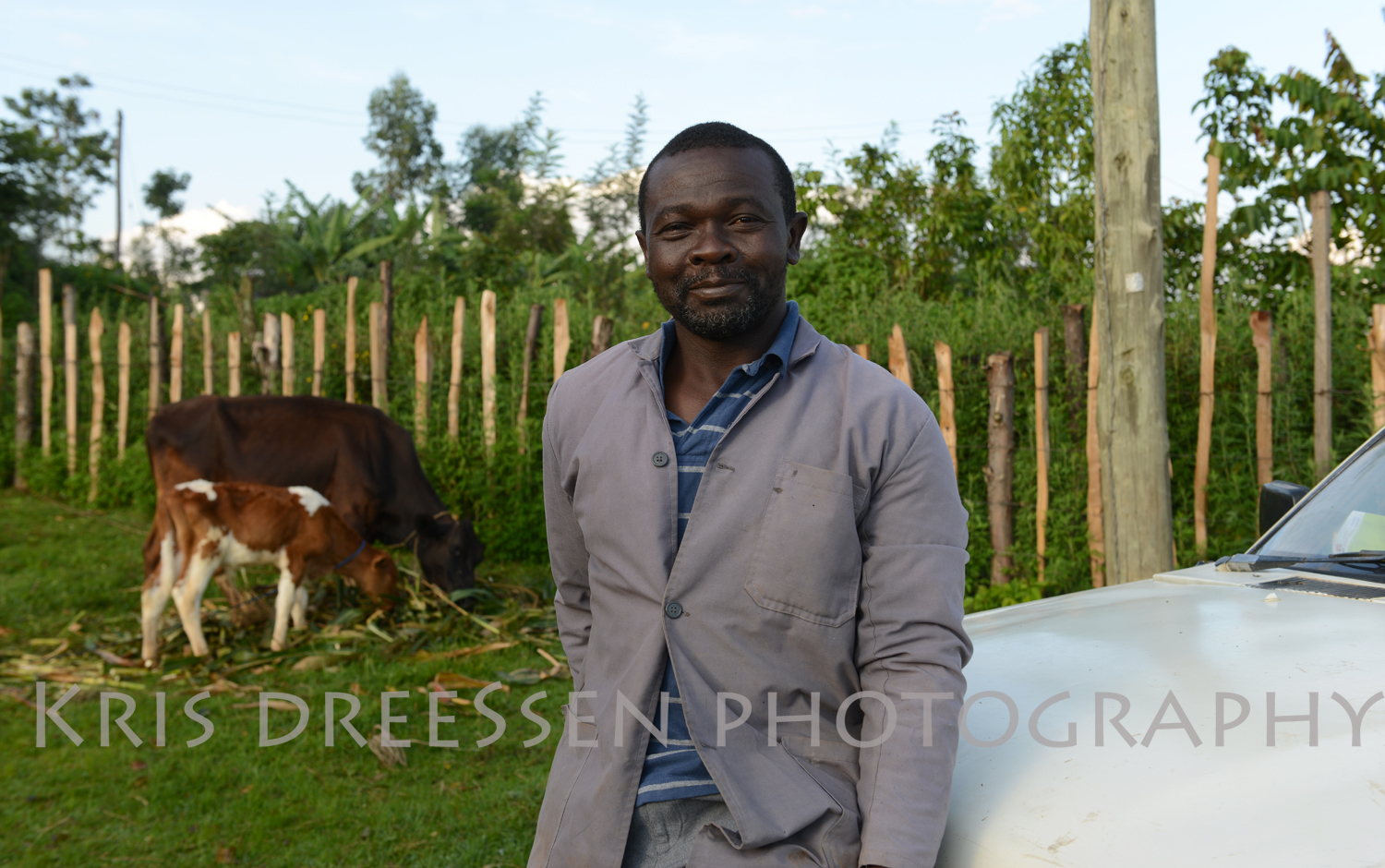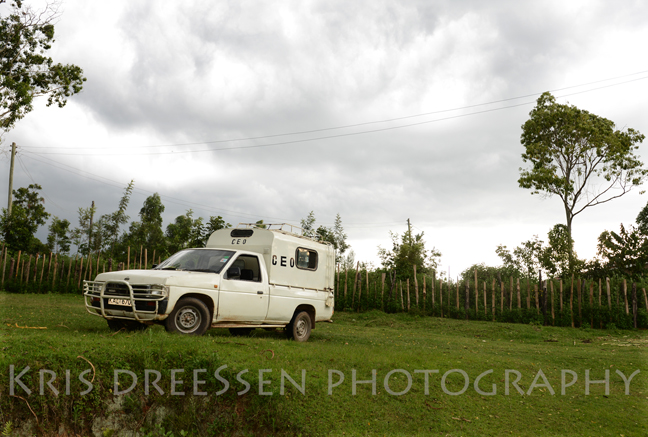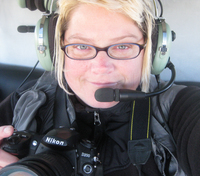
Hardley Singola Sinjaa bought his truck back in 2003 to carry his wife and kids and goods for their home in the village of Mahanga, Kenya. It’s very rural and few people then, and now, have vehicles. Fewer have trucks.
In desperate situations, people called on him for help. He gave it.
He has driven his truck for enough people over the years in times of sickness, emergency and often death that he can’t really count. Maybe 20. Maybe 30. They call or they come to the door, at 1 p.m. or 1 a.m. He goes.
“So we just go and carry,” says Hardley, referring to transporting them to or from a hospital, or taking a body from the mortuary or place of death back to the homestead. “This is how we’ve been able to help.”
An auto mechanic instructor at a nearby technical college, Hardley has kept the truck “surviving,” with his expertise. It isn’t fancy, but those vehicles can’t maneuver on the rough dirt roads and paths in the remote area.

Ambulances don’t come here anymore. Private hospitals used to run them but stopped a long long time ago, he says, because most people are very poor and couldn’t pay. Often times, people who want to can’t go to the hospital anyway because they can’t afford it. In Kenya, patients pay for tests, pre-pay a deposit for a bed before admittance and even pay for the cost of rubber gloves in some cases.
If they do go, they have to ask a friend with a car or go by motorcycle.
Many people don’t want to call the police, either: They take the body to a mortuary, and the family has to pay transport.
In death in a place where families struggle for food to live, Hardley drives out, just brings the body home.
Many people, including police, are afraid to touch dead bodies, he says. It is taboo to many: They think something bad will happen if they do. He does not.
“Maybe it was my faith, but I didn’t really think that would happen. My first experience with the dead,” says Hardley, “I was a little bit afraid. But now, I no longer fear dead bodies. I’ve been with many. I’ve been in the mortuaries so many times. I no longer fear.”
He’s carried three bodies for neighbors who lost loved ones in the last few months. One committed suicide in the Yala River, and his body was washed downstream some 10 kilometers.
Another man drowned trying to cross the Yala, carrying “changaa,” the illegal alcohol. To avoid transporting it on roads, men will cross the river. It’s deep and fast and if they can’t swim, they often get swept away.
Most recently, a man from another area who used to buy gold from the homemade mining operations here was shot and killed at a friend’s house. The friend was shot too. The family could not afford transportation.
Hardley has trained his sons Alulu and Cerrullo to drive. When he can’t go, they do. Alulu won’t look at the dead. Hardley takes photos.
The photos are “fearful,” he says. “Do you know what happens to a body when it is in the water two weeks? It turns white.”
He says he takes the pictures because they could be useful one day to demonstrate how difficult it is for families to care for their loved ones in death. Or, how dangerous “changaa” is. It’s not uncommon that people die in the Yala trying to ferry it over. This week, illegal brews killed people who drank it or made them go blind in Mombasa.
